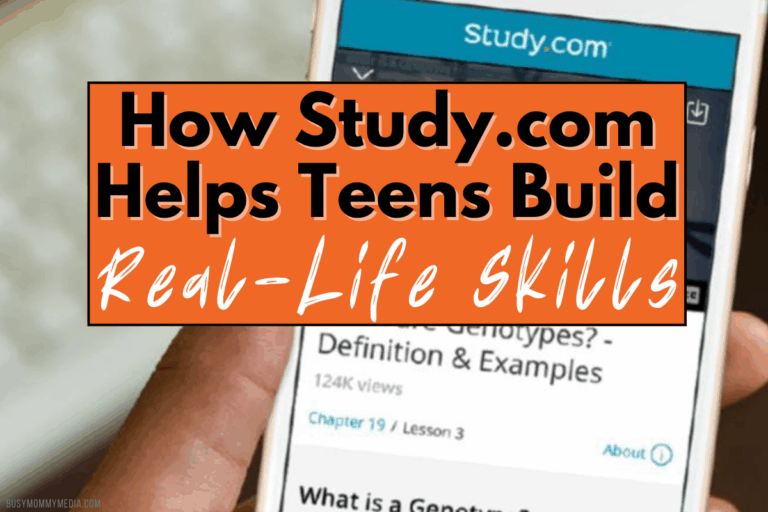When Antidepressants Don’t Work
Depression is something that no one wants to talk about, but far too many people suffer in silence. There’s a stigma that comes with mental health issues and for someone suffering from depression, that can be an obstacle when asking for help. There are treatment options available, and even though it is hard to ask for help, you are worth it. October is National Depression Awareness Month and it is a great opportunity to learn more about the treatment options available if you or a loved one are struggling. Thanks to NeuroStar® Advanced Therapy for sponsoring this post and helping us share some new options you may not be aware of.

Depression is not uncommon today. It affects more than 300 million people worldwide, so many that the World Health Organization recently selected depression as its World Health Day campaign to draw more attention to the issue.
I know I’ve struggled with it in the past. As someone who has struggled with depression since my teen years, I understand completely, just how hard it is to ask for help.
I went through a rough patch after my baby passed away. Trying to deal with loss felt overwhelming at times. It took years, but eventually, with the help of medication and other techniques, I got back to where I wanted to be. Looking back, I’m frustrated that I lost so much time. There are huge chunks of time during that period of my life when I feel like I was just surviving. I missed time with my kids, I missed time enjoying the things I love to do.

Medication didn’t help as quickly or as well as I would have liked it to. At the time, I wasn’t aware of any other options, so I just struggled through. I’m happy to be back to myself now. The experience has definitely taught me to enjoy the little moments each day.

For Terri Mitchell, a wife, mother, and grandmother who had an unexpected battle with depression, she went on the search for another treatment method when it became apparent that her antidepressants were causing more harm than good. She was frustrated by the side-effects and found that she no longer enjoyed the things she used to love.

Anxious for another solution, Terri turned to NeuroStar Advanced Therapy, upon the recommendation of her doctor. Only five weeks into her treatment, Terri started to notice a difference in the way that she felt.
She went from being unable to even go to the grocery store to bouncing back to all the hobbies and tasks she used to love. Now she is back at work full-time, enjoying life, and so excited for what the future holds.
See more of her story here:

NeuroStar® Advanced Therapy has some great benefits without side effects like most drugs or other depression treatments do.
How does it work?
NeuroStar® Advanced Therapy uses magnetic pulses to stimulate areas of the brain that are underactive in depression. This is not electroconvulsive therapy (ECT), which is invasive. It’s a non-invasive procedure that takes only 19 minutes (depending on your doctor’s recommendation) so it is easy to fit into your busy schedule.
This is a second-line treatment option once initial antidepressants don’t have great results. I know in the past, I’ve been switched from one medication to another trying to find the right one and the process can be frustrating. NeuroStar® Advanced Therapy gives you an alternative to that. It actually isn’t a new treatment. It has been around since 2008 and has received great results since then. If you don’t feel like your depression is under control with the use of antidepressants, talk to your doctor about NeuroStar Advanced Therapy.
This is a sponsored post written by me on behalf of NeuroStar® Advanced Therapy. For more information about safety and effectiveness of NeuroStar, visit NeuroStar’s website.







